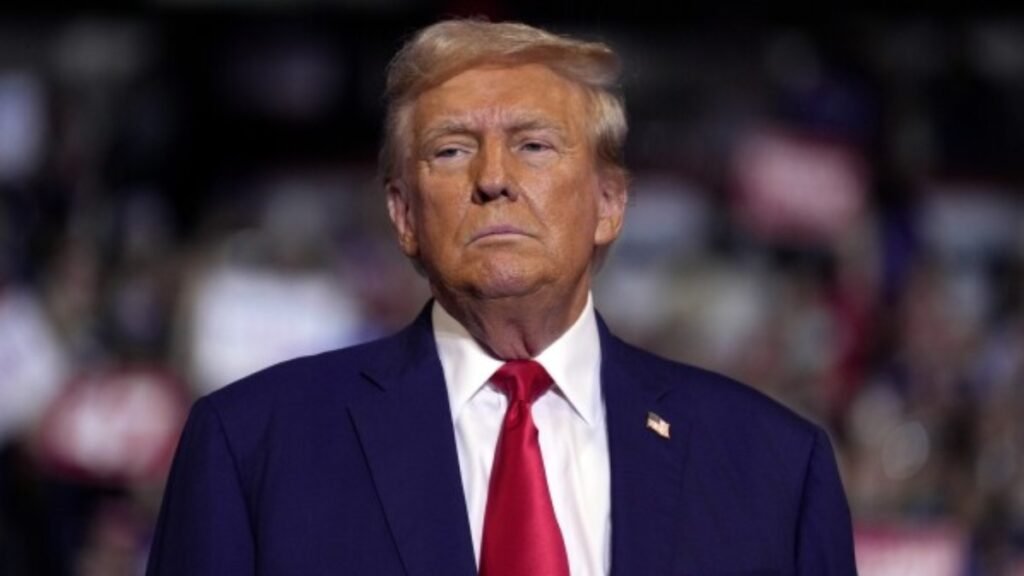The ruling by U.S. District Court Chief Judge James E. Boasberg came just hours after Trump signed a proclamation asserting that Tren de Aragua posed a threat to the U.S., calling the gang’s activities an “invasion.” Trump claimed that the gang’s actions were part of a larger criminal enterprise stemming from Venezuela, which he described as a “hybrid criminal state.” The president’s order would allow for the expedited deportation of suspected gang members without regular immigration procedures.
Boasberg’s decision was prompted by a lawsuit filed by the ACLU and Democracy Forward, which challenged the administration’s actions. The plaintiffs, five Venezuelan migrants, were being detained with the expectation of imminent deportation. Boasberg ruled that a brief delay would not harm the government, especially as the detainees were still in custody, and ordered any flights in progress be turned around.
The ruling is a significant setback for the Trump administration, which had argued that the use of the Alien Enemies Act was necessary for national security and to combat the growing threat of criminal gangs like Tren de Aragua. The ACLU, however, contended that the law was never intended to target criminal organizations and that the president did not have the authority to apply it to gangs rather than recognized foreign states.
This legal battle is part of a broader effort by the Trump administration to expand executive powers related to immigration and national security. While Boasberg’s order halts deportations for the moment, the case continues to raise questions about the limits of presidential authority under the law.
